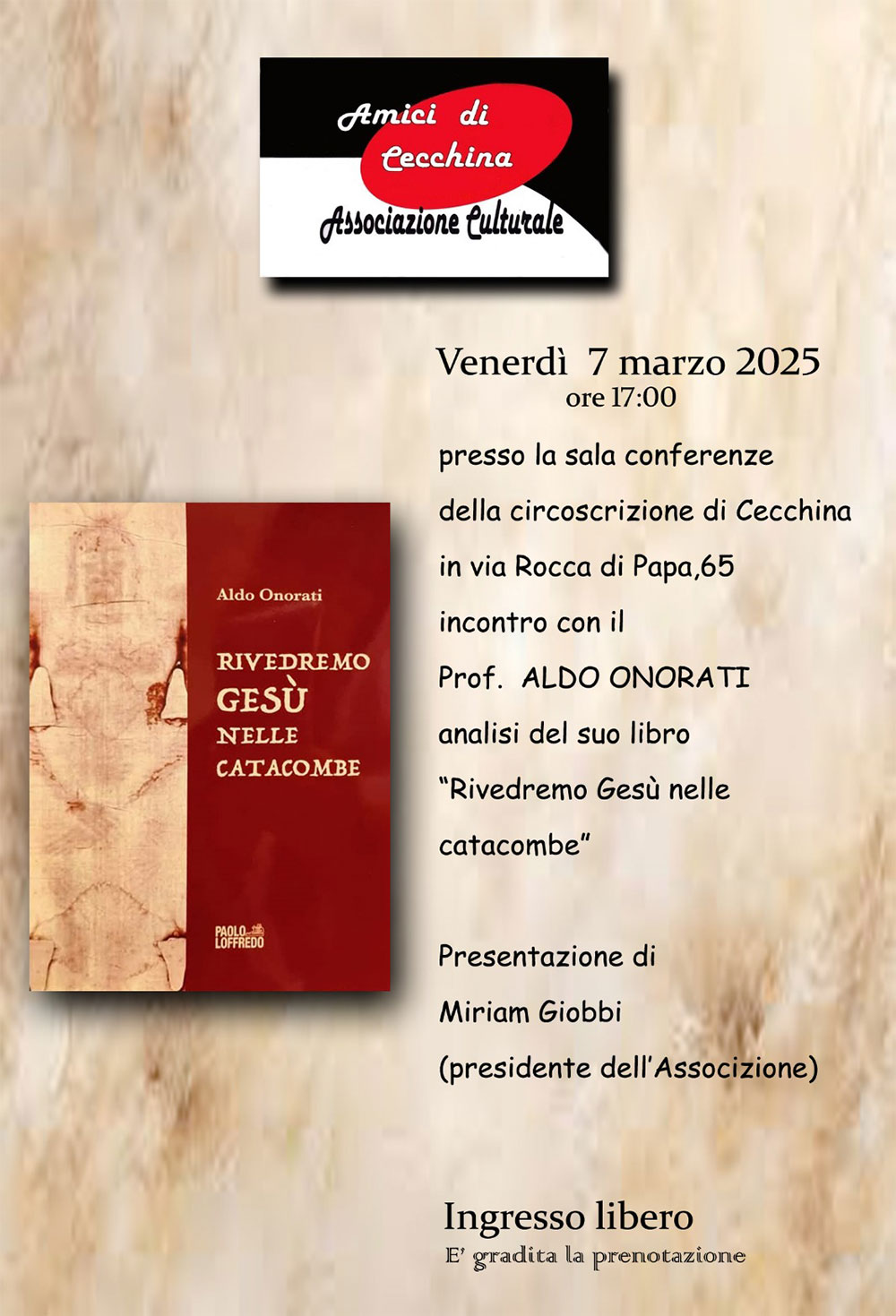 Paolo Loffredo, sixth generation of a large family of publishers and booksellers engaged in the production and distribution of books since the late nineteenth century, creates in 2012 the new editorial company Paolo Loffredo Editore. The historical site was until the '80s in the heart of the historic centre of Naples in Via San Biagio dei Librai, lower Decumano and also known as the SpaccaNapoli.
Paolo Loffredo, sixth generation of a large family of publishers and booksellers engaged in the production and distribution of books since the late nineteenth century, creates in 2012 the new editorial company Paolo Loffredo Editore. The historical site was until the '80s in the heart of the historic centre of Naples in Via San Biagio dei Librai, lower Decumano and also known as the SpaccaNapoli.
At the beginning of the twentieth century, Giuseppe Loffredo decided to add book selling to the book production, which definitively imposed itself after World War II with the publication of manuals for the University and for the School that succeeded in establishing themselves soon throughout Italy.
LAST EVENT
"Rivedremo Gesù nelle catacombe"
07 Marzo 2025 - Sala Conferenze circoscrizione di Cecchina - via Rocca di Papa 65, Albano Laziale (RM) - ore 17,00

Un altro De Roberto. Esperimenti e ghiribizzi di uno scrittore
ISSN 2611-1489
Language: Italian
Publisher: Paolo Loffredo Iniziative Editoriali Srl

Description
Un altro De Roberto. Esperimenti e ghiribizzi di uno scrittore
The fame of Federico De Roberto, after years of oblivion, is now consolidated and the absolute excellence of his narrative masterpiece, I Vicerè, is acknowledged, as well as other novels such as L'illusione and L'imperio. In this book, however, Giuseppe Traina studies other lesser-known aspects of the Derobertian production: the two novels considered "minor" (Ermanno Raeli and Spasimo); the novels, often brilliant; theatrical production, almost always unlucky. And it puts in full light the contradictory, ironic and self-ironic, ironic and sometimes even ghiriborous aspects of De Roberto's writing: an author capable of mixing papers, of surprising the reader and then again disappointing his expectations, always experimenting new ways, for character dissatisfaction or, more likely, for a precise attitude to look beyond the dominant poetics, the "schools", the belonging, towards a freer horizon, in which literature is the result of an inspiration stubbornly outside the box.



